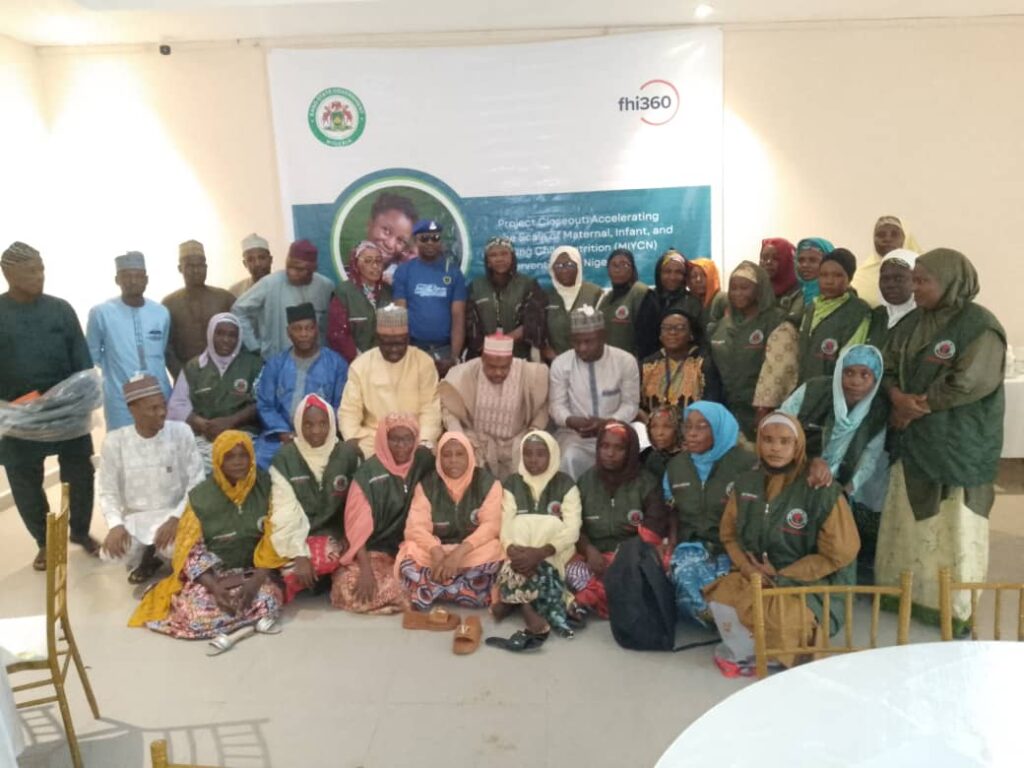The Kano State government KNSG has threatened to arrest and prosecute any nutrition health worker found diverting, stealing, or selling Multiple Micronutrient Supplements (MMS) and Ready-to-Use Therapeutic Food (RUTF), which are meant to be distributed free across the state.
The state commissioner for health Dr. Abubakar Labaran Yusuf issued the warning at the project closeout ceremony of the Accelerating the Scale of Maternal, Infant, and Young Child Nutrition (MIYCN) intervention in Kano, managed by FHI360’s Alive and Thrive program.
UNICEF Urges Kano to Extend Maternity Leave, Invest More in MNCH
According to him, the state government has invested ₦1 billion in the purchase of MMS to combat stunting, which affects about 59.1% of young children in Kano.


“We discovered that a lot of the RUTF and MMS are being stolen, partly in connivance with some of our staff, while others take them to markets and pharmacies,”
“These products are not for sale. They are supplied free by the Kano State Government and UNICEF. I have met with all the security agencies, and wherever these items are seen being sold, culprits will be arrested and prosecuted,” he declared.
Jigawa Warns Against Diversion of Ready-to-Use Therapeutic Food
He further appealed to health workers to desist from diverting the life-saving products, stressing that they were crucial in tackling malnutrition among children.
Speaking at the event, the State Team Lead of Alive and Thrive, Dr. Ashuru Hamza Muhammad, highlighted the achievements of the project during its four years of partnership with the Kano State Government.
He explained that the initiative had helped reduce the prevalence of anemia among women of reproductive age, which stood at 58% in 2018, and brought down child stunting rates to 40% in the last three years.
He said, other key achievements include, Training over 8,000 healthcare workers on improved nutrition and health skills and Distribution of 50,000 Infant and Young Child Feeding (IYCF) materials among others.
Dr. Muhammad stressed that nutrition challenges are often linked to knowledge gaps rather than lack of resources, adding that the project had successfully improved awareness in communities across Kano.





